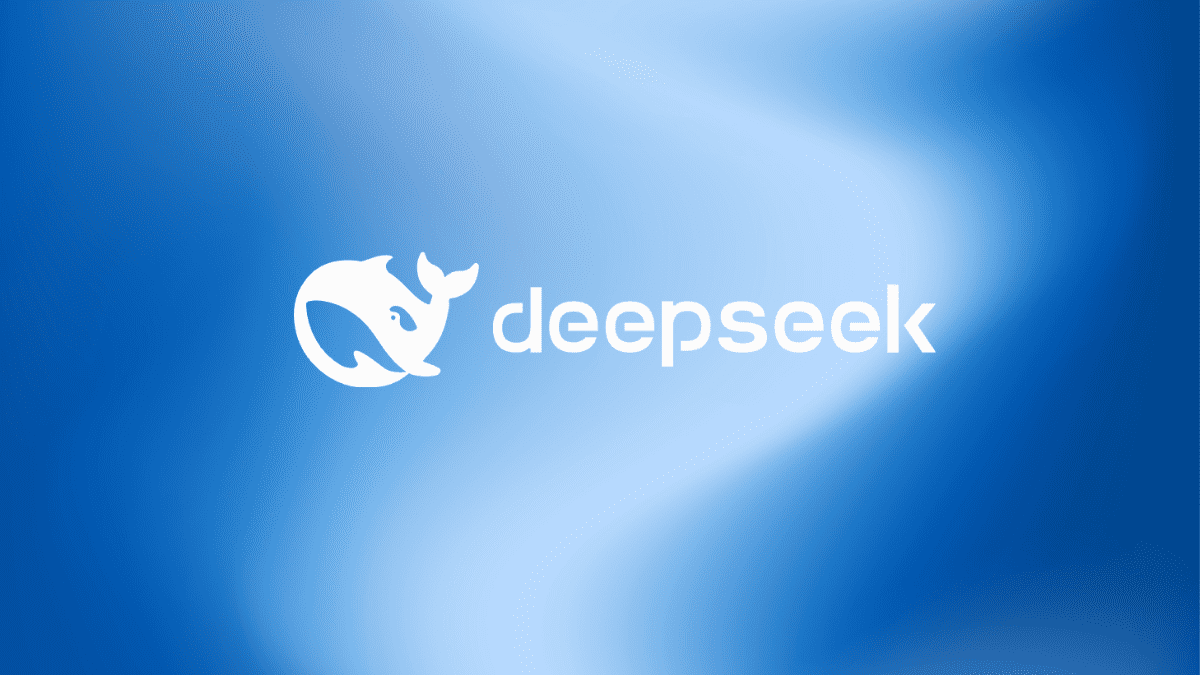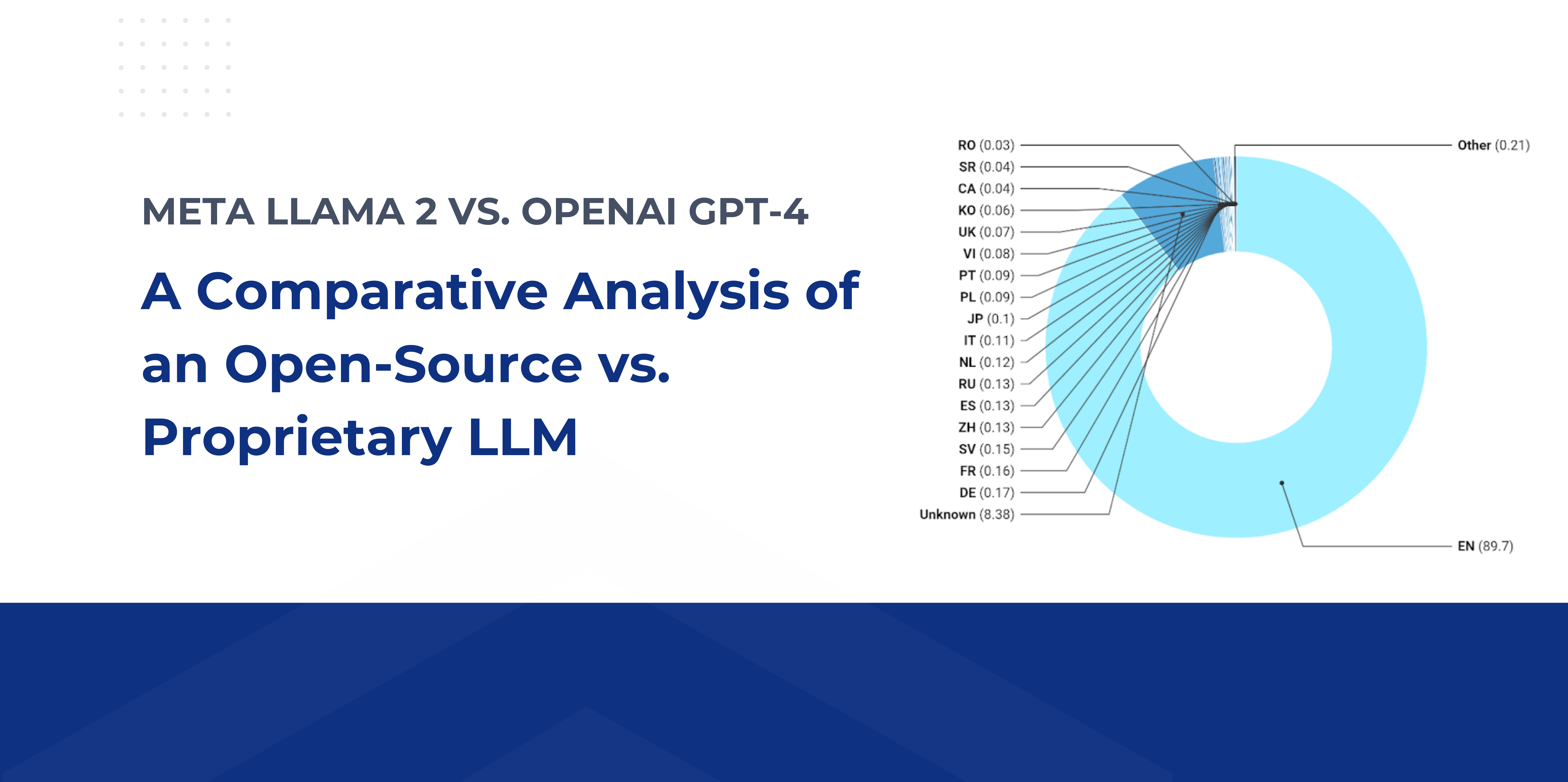As many of you know, this weekend I appeared on the Lex Fridman Podcast with my friend Dylan Patel of SemiAnalysis to cover DeepSeek and the implications on the AI ecosystem. I recommend you check it out.
This post was tricky to pull together. I decided to share it anyways given the timeliness of the topic and other more exciting things I have to get to. The deep, thematic contradictions on motivations, costs, and trajectories are exactly indicative of why analysis and productionization of open-source AI is so hard. In that, it is a valuable lesson that building open-source AI will come with a lot of ups and downs, but now is the best time to do so.
The DeepSeek Moment
The DeepSeek moment represents the end of the first chapter of AI's recent takeoff as told through the emergence of ChatGPT. It reminds us that while substantial resources, coalitions, brands, and trends have been established, the narratives we have been championing are not set in stone. DeepSeek, especially with R1, resets all the narratives around open vs. closed, US vs. China, scaling and commoditization, etc. as we prep for yet another acceleration in the diffusion, progress, and adoption of AI.

The Focus on Open vs. Closed AI Models
The current imperative of open-source AI is to create feedback loops where open models become more useful than their closed counterparts. We need more than these if we want open-source AI to continue once the bubble of AI advancement cracks. We don’t know when this comes, but if the investment is driven by ideological reasons rather than monetary ones, public companies only have so much leeway to continue indefinitely.
The Ideological Reasons for Openness
As a perfect case point, consider Meta. Meta, as a platform serving content to billions of users, is extremely well-positioned to use AI to make its services more engaging and more profitable for advertisers. The Llama project is not needed for that vision. The most compelling reasons for openly releasing the Llama models are not business reasons but rather ideological reasons.

The Importance of American Standard in AI
One of the main arguments why American AI leaders believe that the AI ecosystem should be built on a Western foundation is the risk of China “poisoning the well” of our future computational infrastructure. There is a simple proposition that the Chinese Communist Party (CCP) could build ties to the leading Chinese AI laboratories and require them to train for specific behaviors or train in some sort of back door through model weights into American infrastructure.
The Future of Open-Source AI
The future of open-source AI is a critical topic for discussion as the industry continues to evolve rapidly. It is essential to consider the implications and challenges that come with building open-source AI models in today's competitive landscape.

These days I classify myself as an advocate for more openness for AI (which never means absolute openness), but I’m not going to describe myself as also being an optimist for it “winning.” As scaling continues to push the limits of multiple training regimes and recipes become more expensive, open models drift from the frontier. We need to change incentives if we want it to happen regularly.
Why DeepSeek R1 is so close to the frontier is that, on top of being extremely skilled, they have a way faster release process than the likes of OpenAI and Anthropic who do extensive safety testing and even pre-screen releases by federal governments.











